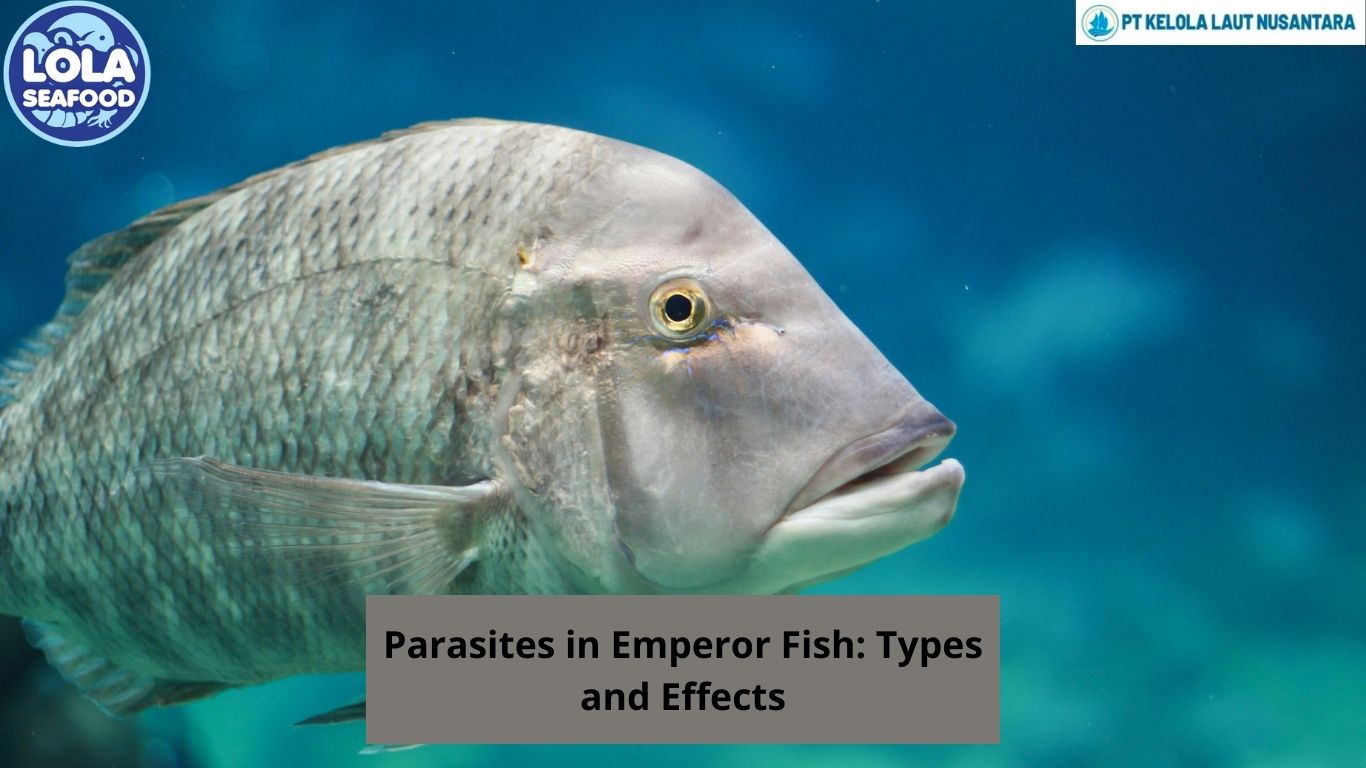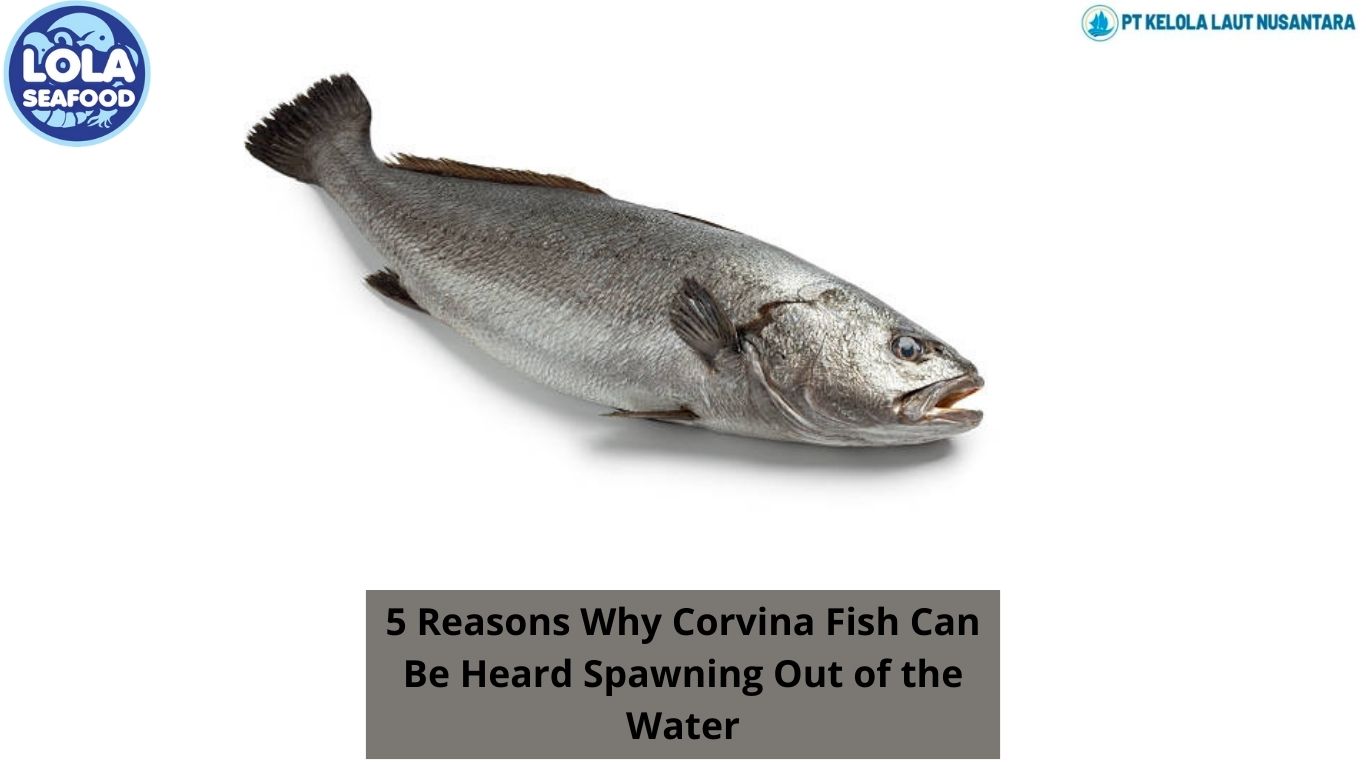5 Reasons Why It Is Necessary to Know the Type of Tropical Snapper Fish
By. Agung Kurniawan - 17 Feb 2025
Kelolalaut.com Tropical snapper fish, belonging to the Lutjanus genus, are an important part of marine ecosystems and a valuable resource for fisheries and recreational fishing. These fish are widely distributed across tropical and subtropical waters and are prized for their firm texture and delicious taste. However, not all snapper species are the same. Identifying the specific type of tropical snapper fish is essential for several reasons, ranging from conservation to food safety. Here are five key reasons why it is necessary to know the type of tropical snapper fish:
1. Conservation and Sustainable Fishing
Different species of snapper have varying population statuses, with some being overfished while others remain abundant. For example, the Red Snapper has been subject to strict regulations due to declining numbers, while other species, such as the Mangrove Snapper (Lutjanus griseus), have relatively stable populations. By correctly identifying the species, fisheries management organizations can implement effective conservation measures, preventing overfishing and ensuring a sustainable future for these valuable fish populations.
2. Ecological Impact and Habitat Protection
Each species of tropical snapper plays a unique role in marine ecosystems. Some prefer coral reefs, while others inhabit estuaries and mangrove forests. Understanding the specific species and their habitat requirements helps marine biologists and conservationists protect critical environments from degradation. This knowledge also aids in habitat restoration projects, ensuring that fish populations thrive in their natural settings and continue to maintain ecological balance.
3. Food Safety and Culinary Value
Different species of snapper vary in taste, texture, and nutritional composition. Some snappers, like the Yellowtail Snapper, are highly sought after for their delicate flavour, while others might contain higher mercury levels, making them less desirable for frequent consumption. Proper identification ensures that consumers get the best quality fish and avoid health risks associated with consuming species that accumulate toxins due to their diet and habitat.
4. Economic and Commercial Significance
The seafood industry relies on accurate species identification to maintain transparency in fish markets. Mislabelling fish can lead to economic losses and legal consequences. For example, substituting a cheaper snapper species for a more expensive one can deceive consumers and harm businesses that rely on honest trade. Proper species identification supports ethical fishing practices, fair trade, and compliance with international seafood regulations.
5. Sport and Recreational Fishing Regulations
Recreational anglers must be aware of the snapper species they catch, as different species have distinct size limits, bag limits, and seasonal restrictions. Many coastal regions enforce strict regulations on fishing snapper to prevent population decline. Knowing the type of snapper ensures that anglers adhere to the law, avoid penalties, and contribute to responsible fishing practices that benefit both the environment and future generations of fishers.
Understanding the type of tropical snapper fish is crucial for conservation efforts, ecological protection, food safety, economic fairness, and responsible fishing. Proper identification ensures the sustainability of snapper populations while benefiting consumers, businesses, and recreational anglers. By learning more about these valuable fish, we can contribute to the health of marine ecosystems and the long-term viability of tropical snapper fisheries.
If you are intrested in our Goldband / Crimson Snapper Whole Round, Goldband / Crimson Snapper Fillet Skin On, White Snapper / Robinson Seabream / Seabream Whole Round / Whole Gilled Gutted Scaled, White Snapper / Robinson Seabream / Seabream Fillet Skin On, Snapper Whole Round / Whole Gilled Gutted Scaled, Red / Scarlet Snapper Fillet Portion, Red / Scarlet Snapper Fillet Skin On, Snapper Fillet Skinless please do not hesitate to contact us to email and / or whatsap








